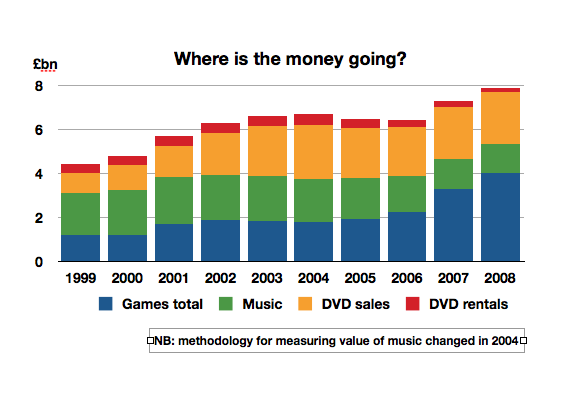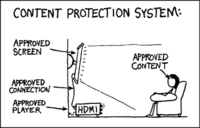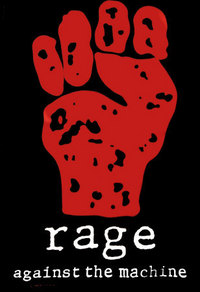EDUCAUSE is up in arms about a proposed
amendment
to the
Higher Education Reauthorization Act that the Senate is supposed
to be considering today.
It basically makes the Secretary of Education an arm of the MPAA
and requires institutions of higher education to police file sharing.
I think this is the most interesting part of the amendment,
where it’s saying it will:
(1) the 25 institutions of higher education participating in programs
under this title, which have received during the previous calendar year
the highest number of written notices fromm copyright owners,
or persons authorized to act on behalf of copyright holders,
alleging infringement of copyright by users of the institution’s
information technology systems, where such notices identify
with specificity the works alleged to the infringed,
or a representative list of works alleged to be infringed,
the date and time of the alleged infringing conduct together with
information sufficient to identify the infringing user, and information
sufficient to contact the copyright owner or its authorized representative; and
—
Text of Amendments, SA 2314,
Congressional Record — Senate,
17 July 2007
So universities are supposed to keep lists of allegations against
their students (or staff or faculty) and those lists can be used
to determine their funding.
Allegations, mind you, not convictions.
This is once again the entertainment industry tail wagging the dog,
in this case higher education.
Hm, I suppose that’s a bad analogy, since the entertainment industry
seems to only understand the big head, not the long tail….
And as if to demonstrate Republicans have no monopoly on horribly
bad ideas, this amendment is proposed by the Senate Majority Leader,
Democrat Harry Reid.
Is the Internet really that hard to understand?
-jsq
 Charles Arthur did a little research:
Charles Arthur did a little research:







 Apple has a reputation for “using its partners to its benefit”:
Apple has a reputation for “using its partners to its benefit”: